AJ Odudu reveals how she deals with racial and cultural bullying
Lancashire-born TV presenter AJ Odudu grew up in Blackburn and here she explains how, at 31, she realises her heritage gives her the strength to cope with any tormentors
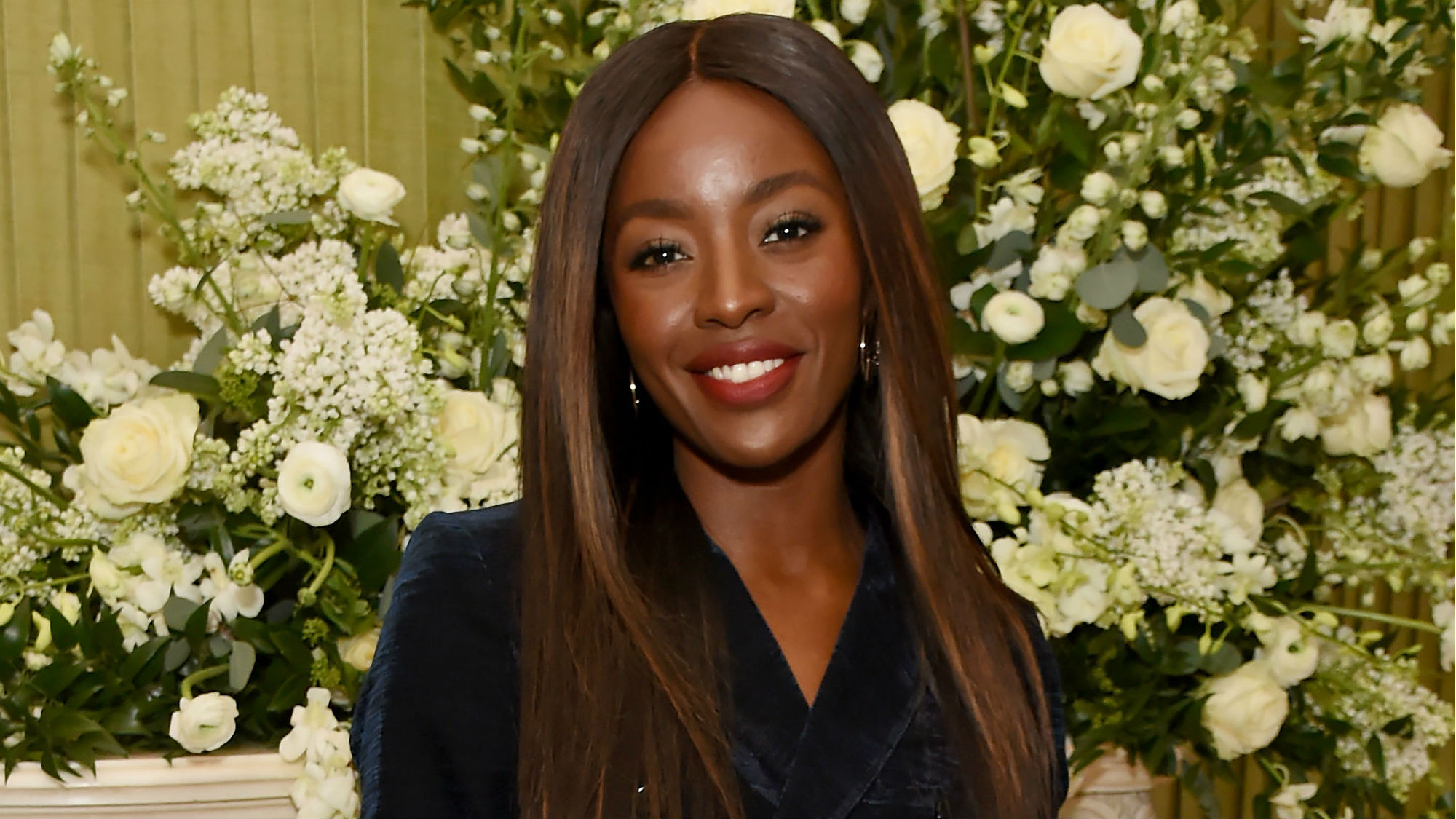
Lancashire-born TV presenter AJ Odudu grew up in Blackburn and here she explains how, at 31, she realises her heritage gives her the strength to cope with any tormentors
'I like to remember happy memories from my childhood growing up as a girl in Blackburn and while this mostly speaks true, there were also deeply dark and painful days when I experienced shocking racial and cultural bullying. We were one of the few black people in the whole town in which I personally only knew my Nigerian family. As a result I always stood out. From my afro hair texture to my dark skin colour, even my mum doing the school run in Nigerian traditional dresses were cause for negative comments.
The bullying was a combination of ignorance and mean spirit. Kids couldn’t understand how my whole body was black yet the palms of my hands and soles of my feet were white, maybe because they had never seen it? Maybe because they were curious? Either way, they called me a monkey and referred to my family as a 'pack of darkies'.
Looking back, it was awful to go through my formative years being made to feel ugly based entirely on my skin colour and hair texture, which they'd often call 'weird, rough and messy'. Sometimes, it was often the parents who were worse than the kids. One parent would set his dog on me whenever he saw me walk by. The street he lived on was a shortcut to school and needless to say it was a road I was too scared to walk down again.
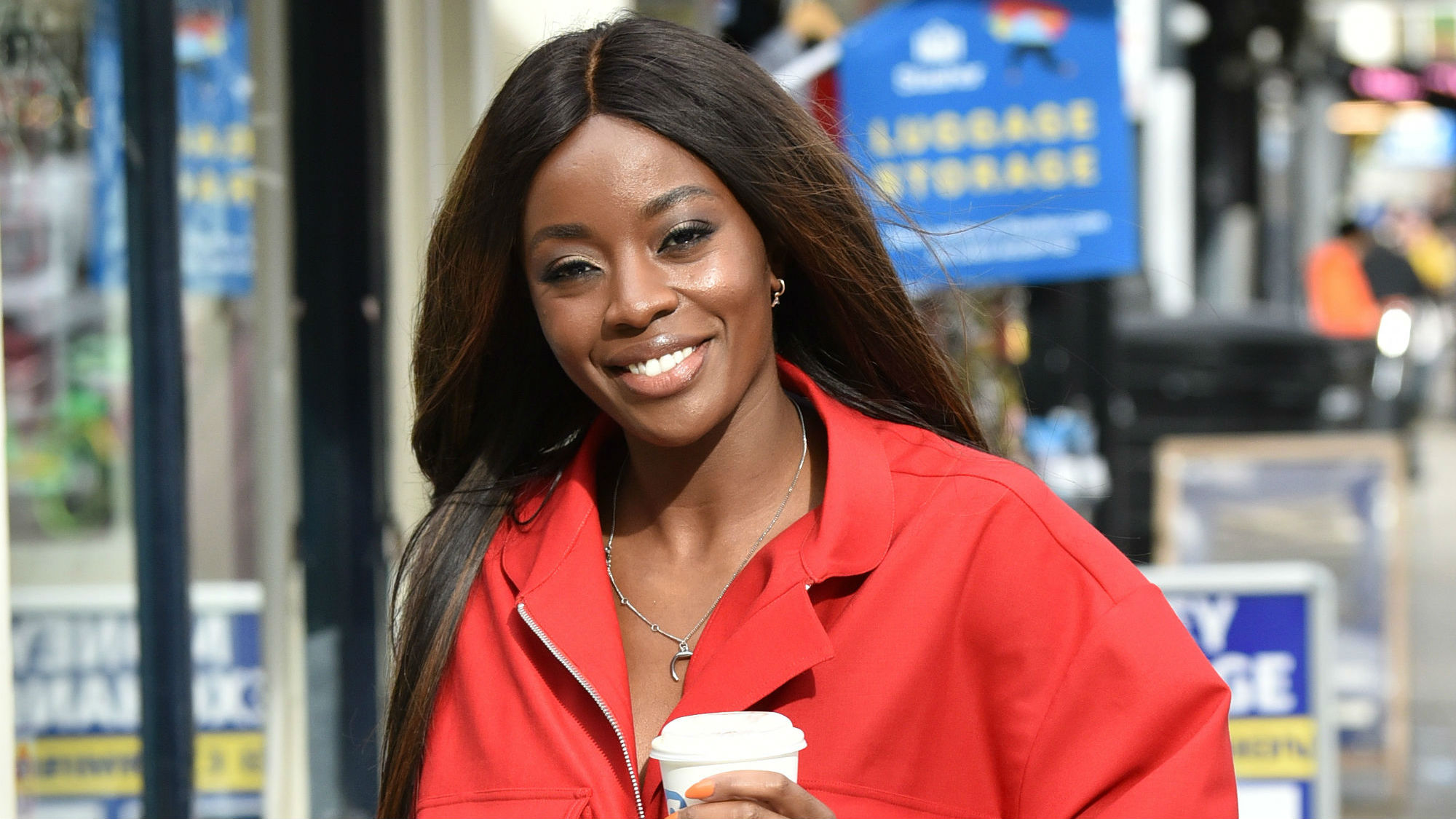
Some days I'd run home and tell my mum in floods of tears, but she is a no-nonsense woman and told me to ignore the kids and parents. Her struggles as a child included severe poverty and civil war so my name- calling stories didn’t concern her much. She'd often reply saying, ‘At least you get to go to school for free!’, reiterating that I shouldn't listen to the opinions of people who lack intelligence and say mean things. Thanks to my mother I was able to figure out a way not to let bullies affect me in the long-term. Instead, I spent time with people who didn't call me names. They restored my faith in people and proved to my childhood self that not all people are racist.
By the time I reached secondary school I had started to form a real sense of self-acceptance and knew that if someone didn't like my hair or skin colour it was a reflection on them, not me. My new school had the potential to be a hostile environment again, but my older brother was so helpful to my survival advising me to get on the netball team because it would remove my skin colour as a talking point. It kind of worked.
But just when I felt I'd overcome one hurdle, it appeared there were many more to come. In 2013, when I was presenting Big Brother’s Bit on the Side, I experienced racial social media bullying for the first time. Twitter was the biggest platform then and I often read a lot of negative comments, mostly mocking my northern accent and saying it was 'weird' that a strong, northern voice came out of a black woman. These remarks would make me really upset and anxious, but now I won't let it get to me. I don’t want to change who I am or where I'm from and online I don't hesitate to delete and flex the block button.
Marie Claire Newsletter
Celebrity news, beauty, fashion advice, and fascinating features, delivered straight to your inbox!
My mother was an immigrant who worked as a cleaner in a working class area. I used to hate admitting that, but now I see it as a symbol of her admirable triumph against adversity. My advice to anyone experiencing racial or cultural bullying, either in real life or online, is to remember that these cowardly acts of unprovoked nastiness merely display the bully's own insecurities, as what they point out as weaknesses are simply ways in which you differ from them. Remember that, ultimately, it is your differences that make you who you are and distinguish you from the bland and humdrum, and without your differences you can never hope to truly be special.'
Olivia – who rebranded as Liv a few years ago – is a freelance digital writer at Marie Claire UK. She recently swapped guaranteed sunshine and a tax-free salary in Dubai for London’s constant cloud and overpriced public transport. During her time in the Middle East, Olivia worked for international titles including Cosmopolitan, HELLO! and Grazia. She transitioned from celebrity weekly magazine new! in London, where she worked as the publication’s Fitness & Food editor. Unsurprisingly, she likes fitness and food, and also enjoys hoarding beauty products and recycling.
-
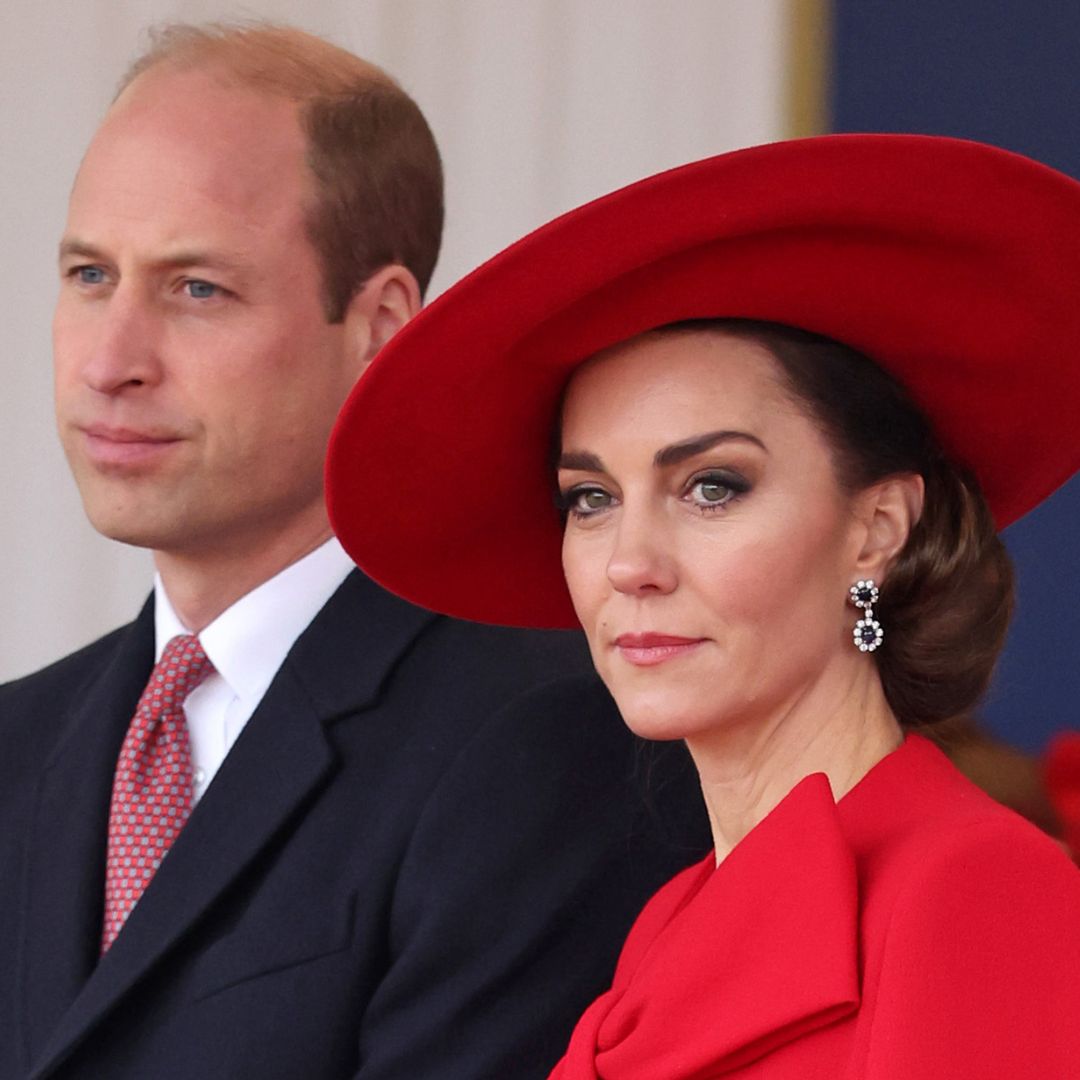 Prince William and Princess Kate's Easter absence has reportedly "raised eyebrows at the palace"
Prince William and Princess Kate's Easter absence has reportedly "raised eyebrows at the palace"By Jenny Proudfoot
-
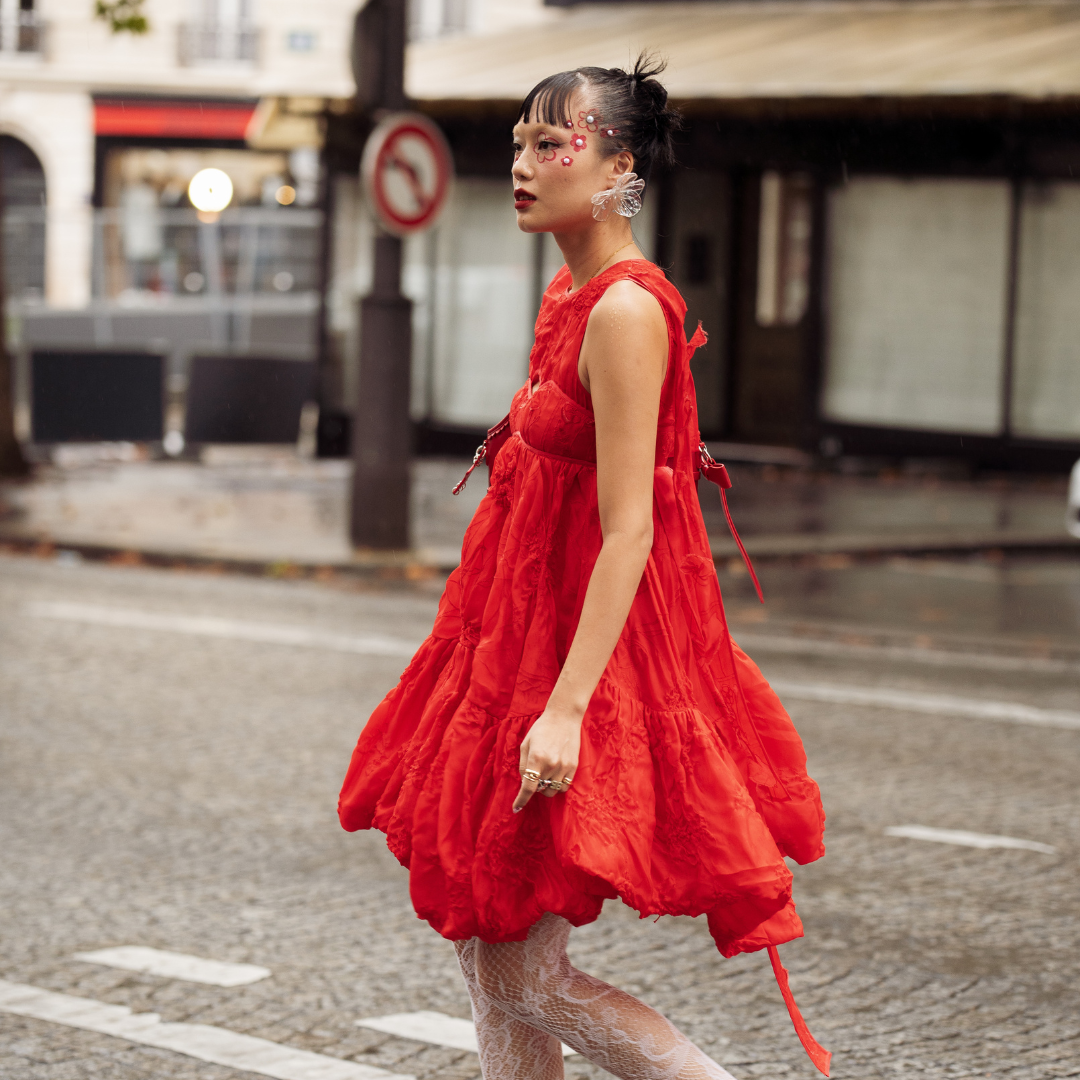 This divisive Nineties trend just got a high-fashion makeover
This divisive Nineties trend just got a high-fashion makeoverAll the cool girls are wearing babydoll dresses again
By Sofia Piza
-
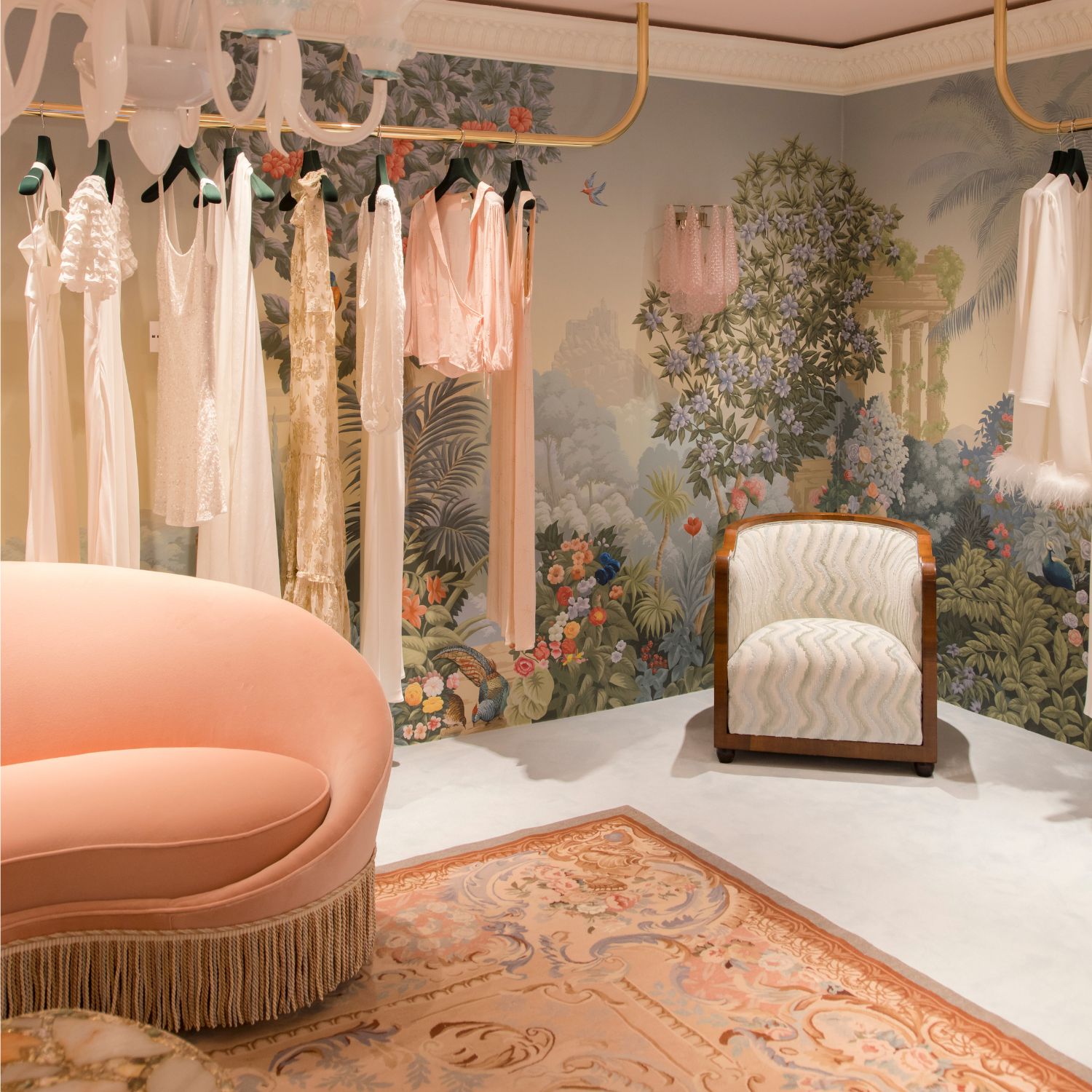 These are without a doubt the best wedding dress shops in London
These are without a doubt the best wedding dress shops in LondonThe search for your dream bridal look is over
By Jazzria Harris
-
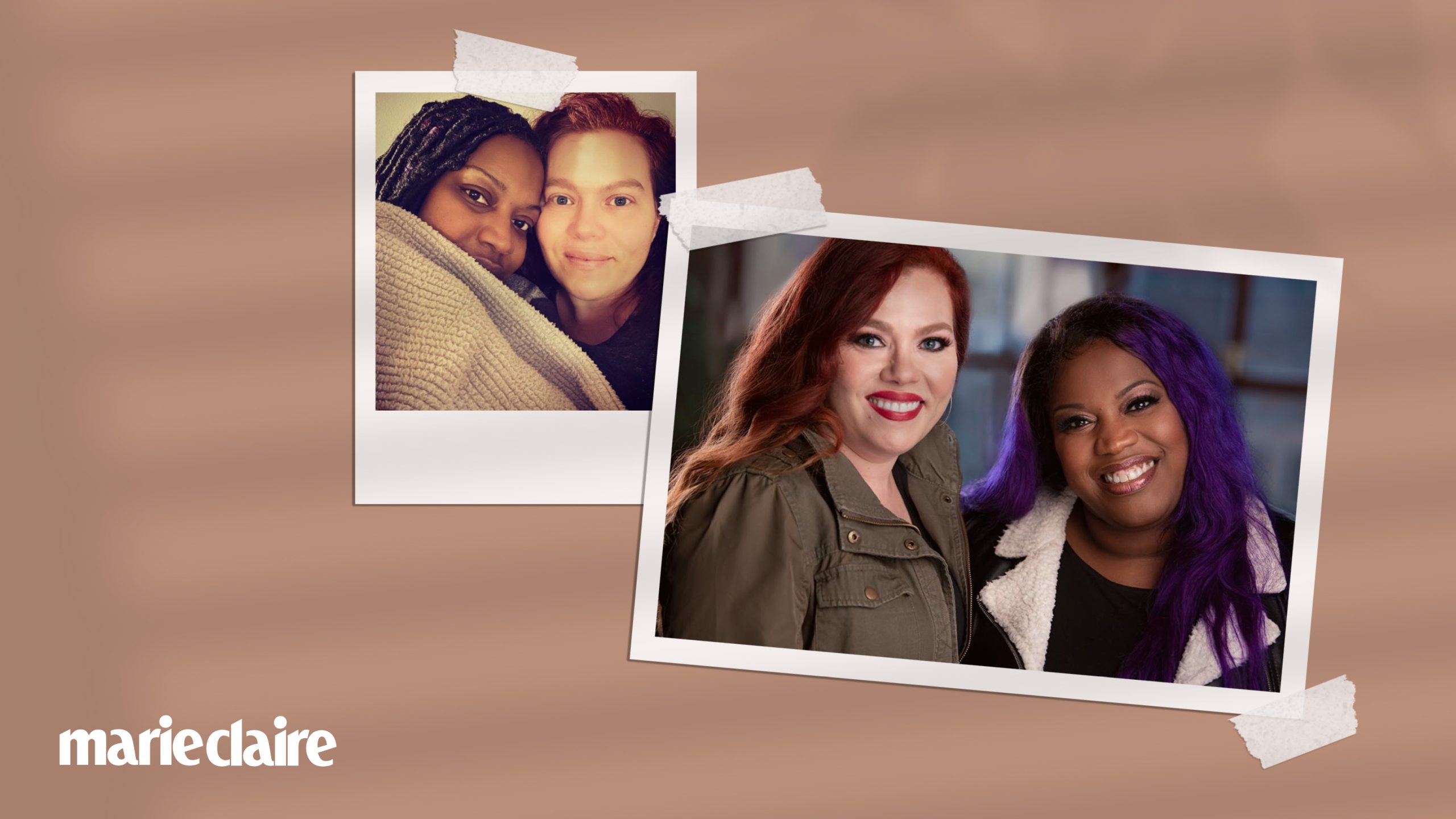 Lessons from an interracial friendship: “We intentionally make space for each of our voices”
Lessons from an interracial friendship: “We intentionally make space for each of our voices”Kimberly Jones and Gilly Segal have been best friends for over a decade, and have learnt how to support one another as their respective communities have come under attack.
By Kimberly Jones & Gilly Segal
-
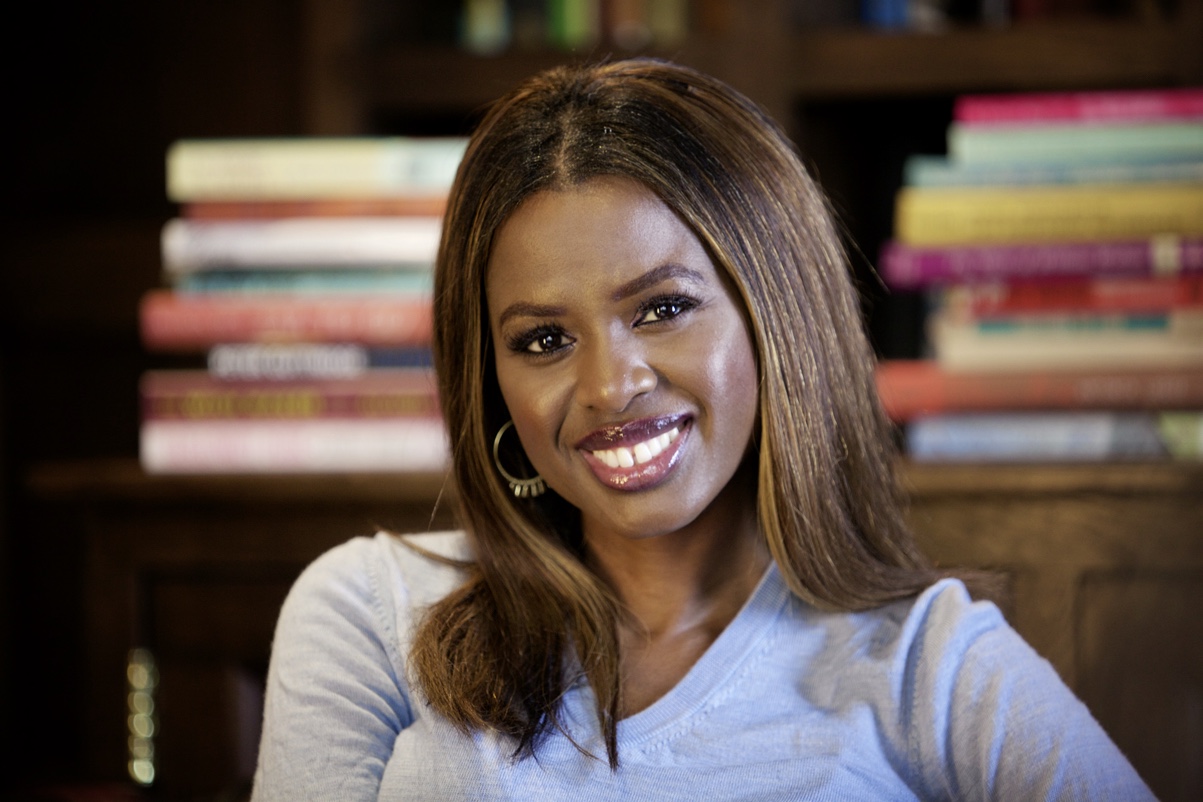 June Sarpong: 'It's up to white people with power to lead the change'
June Sarpong: 'It's up to white people with power to lead the change'June Sarpong explains why when it comes to inclusion everyone must play their part but white people can have the maximum impact
By Maria Coole
-
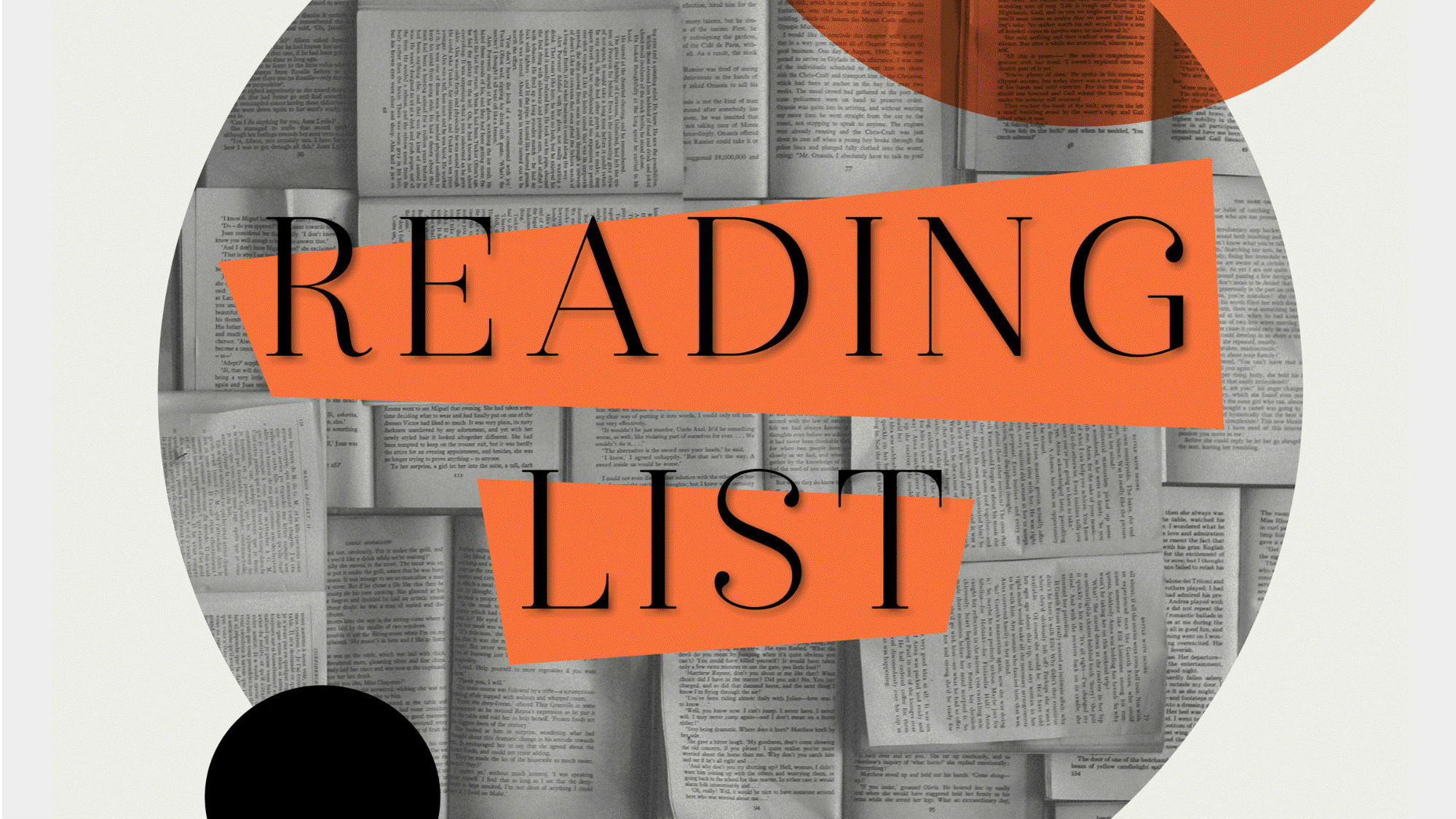 Books to educate yourself and your children on race and racism
Books to educate yourself and your children on race and racismWhat to read when you want to educate your family about race and racism
By Olivia Adams